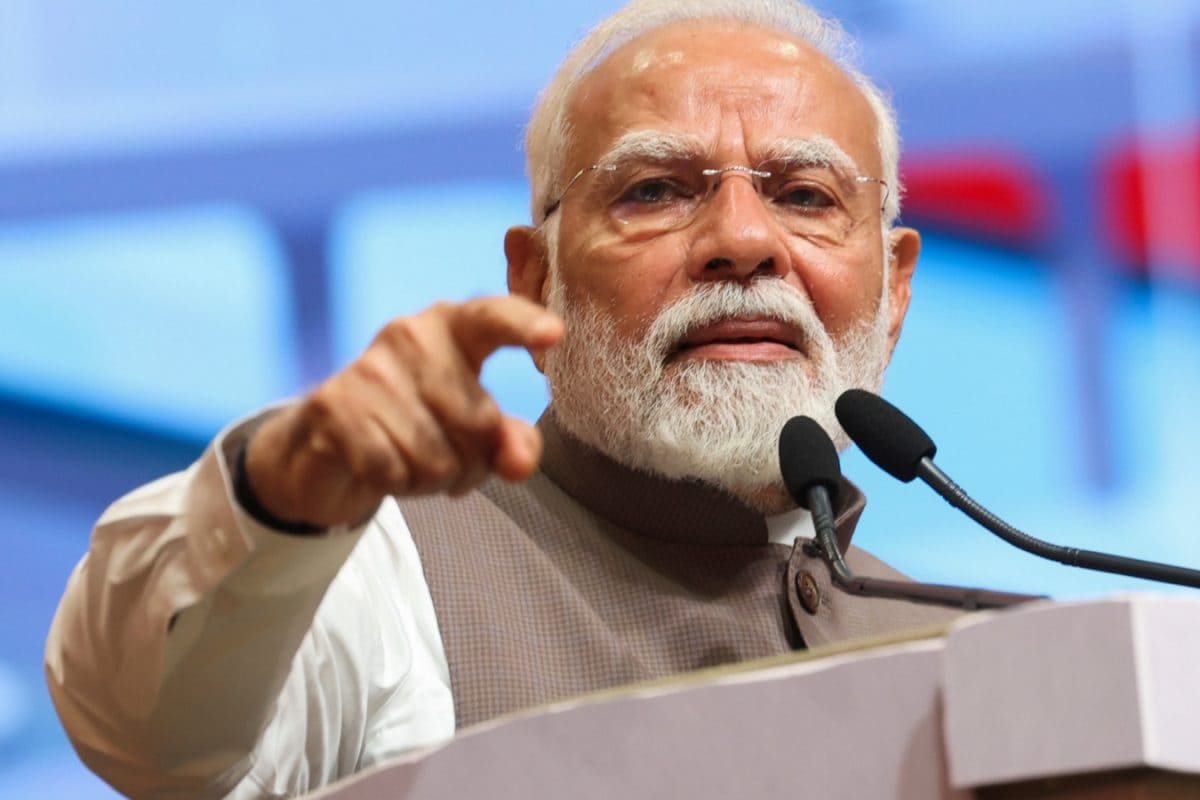

Following the successful execution of Operation Sindoor, Prime Minister Narendra Modi is expected to meet with leaders from various political parties next week to discuss the strategic and diplomatic implications of the operation. This meeting underscores the government's commitment to transparency and national unity on matters of national security.
Operation Sindoor, a tri-service military action, targeted nine high-value terror sites in Pakistan and Pakistan-occupied Kashmir (PoK) in response to the April 22 terror attack in Pahalgam, Jammu and Kashmir, where 26 civilians, including a Nepali national, were killed. The operation, which involved the deployment of 24 missiles between 1:05 a.m. and 1:30 a.m. on Wednesday, May 7, aimed to dismantle terror infrastructure, including Lashkar-e-Taiba's headquarters in Muridke and major terror training sites in Bahawalpur.
The government has emphasized that the operation was a calculated and proportionate response, not an escalation. No Pakistani military facilities were targeted, and considerable restraint was exercised in target selection and execution. Foreign Secretary Vikram Misri stated that the operation was a responsible response to Pakistan's ongoing support for terrorism, as Pakistan has continued to deny and deflect responsibility for the Pahalgam massacre.
In the wake of Operation Sindoor, an all-party meeting was convened on May 8 in the Parliament Library Building in New Delhi to brief political leaders on the strategic strikes. Union Minister Kiren Rijiju announced the meeting, which was attended by key opposition figures such as Mallikarjun Kharge and Rahul Gandhi from the Congress, Sandip Bandyopadhyay from the Trinamool Congress, and John Brittas from the CPI-M, among others.
At the all-party meeting, Prime Minister Modi urged the opposition to stand united. Opposition parties were briefed on the valor of the armed forces and the extensive cross-border strikes conducted deep inside Pakistan. The Prime Minister's message to the meeting was that every Indian citizen needs to stand united. The opposition, in a departure from their stance after the 2019 Balakot airstrikes, expressed strong support for the armed forces.
However, the Congress party has also demanded a special session of Parliament to discuss the India-Pakistan ceasefire, the Pahalgam attack, and Operation Sindoor. They have raised concerns about whether India has opened the door to third-party mediation, which would deviate from the Simla Agreement's bilateral approach. Jairam Ramesh, Congress general secretary, questioned comments made by US Secretary of State Marco Rubio, who suggested that both countries would begin talks "at a neutral site."
The upcoming meeting with PM Modi is expected to further address these concerns and provide a comprehensive briefing on the diplomatic strategy following Operation Sindoor. It will likely cover India's engagement with international partners, the steps being taken to ensure regional stability, and the long-term approach to addressing cross-border terrorism. This all-party consultation aims to forge a unified national stance on these critical issues, reinforcing India's commitment to peace and security in the region while firmly addressing the threat of terrorism.